Consider eight weeks the ‘sweet spot’ when it comes to developing new, healthy habits and experiencing physical progress.
Now you’ve completed one of our infamous 8-Week Challenges, you will have eight weeks’ worth of meal plans, eight check-ins where your coach has shared pivotal feedback and support, as well as the ability to expand your nutritional knowledge and how to self-track your meals.
Table of Contents
Spotlight on self-tracking
One of the most important elements of self-tracking post-challenge, is making sure you’re aware of your food choices and how they may be benefiting or hindering your health.
Remember, self-tracking is not just about how many ‘fun foods’ you can fit into your day. It’s about ensuring you’re hitting your macros AKA eating enough protein, fats, carbs and fibre to suit your body’s needs.
In a world packed with so many processed foods (which we totally understand are so tempting!), it can be really easy to over-indulge and miss out on crucial nutrients you can only get from whole foods.

We’re still here to support you
Here at equ, our service is so much more than just an 8-Week program. We are a year-round service and are lucky to have hundreds of long-term clients who we service.
They continue to receive support from a coach and be held accountable for their choices so they can not only reach their health goals, but maintain them moving forward.
It’s especially worth considering extending your service if you’re yet to reach your goal, however, even if you have, it’s crucial to keep that momentum going. Investing in yourself is truly invaluable.
Here are some of your post-8-Week Challenge options:
- If you’re yet to reach your goal, but feel as though you need a little break from being in a calorie deficit, we can place you on a break. This is a strategic process of bumping your intake to your maintenance calories, giving you flexibility and decreasing the need to be as strict in your tracking. You could even have a few days of untracked meals. This isn’t an excuse to blow out, but instead to practise what self-tracking has taught you – how to create a balanced meal, what foods make you feel good, including diversity with your fruit and veg, and making informed choices when you are dining out. Your maintenance calories are generally going to be about 400-500 calories more than your strategised deficit calories.
- If you’re finding that you have momentum and are motivated to keep going, then you can continue progressing in your deficit. We still advise that you implement a break in the coming weeks though, aiding in any physiological adaptations that have occurred whilst in a deficit.
- If you have reached your goal and are really happy with where things are at, a reverse diet is going to be a great option for you. This is where we strategically increase your calories over time based on how well your body responds to the increases. In doing so, you maximise the progress you’ve made, minimising fat gain and you get to steadily eat more food along the way. Alternatively, you can be bumped up to your post-deficit phase maintenance (usually a few hundred more calories) and then we start to increase from there based on how you respond.

8 weeks isn’t the be-all, end-all
It’s also important to be realistic about the results you can achieve over eight weeks. For most people, the healthy weight to drop per week is 300-700g, and of course, there are going to be factors that impact those numbers, such as how much body fat you are carrying and your adherence to your targets. Remember, just like fat gain, fat loss does not happen overnight, so often more time is required in order to get to your ultimate goal.
With that all being said, reassess your goals and where you want to be in the next eight weeks! Going backwards and forwards because you struggle to maintain your initial eight-week progress, could be a sign that you need more long term guidance and strategic deficit breaks.

